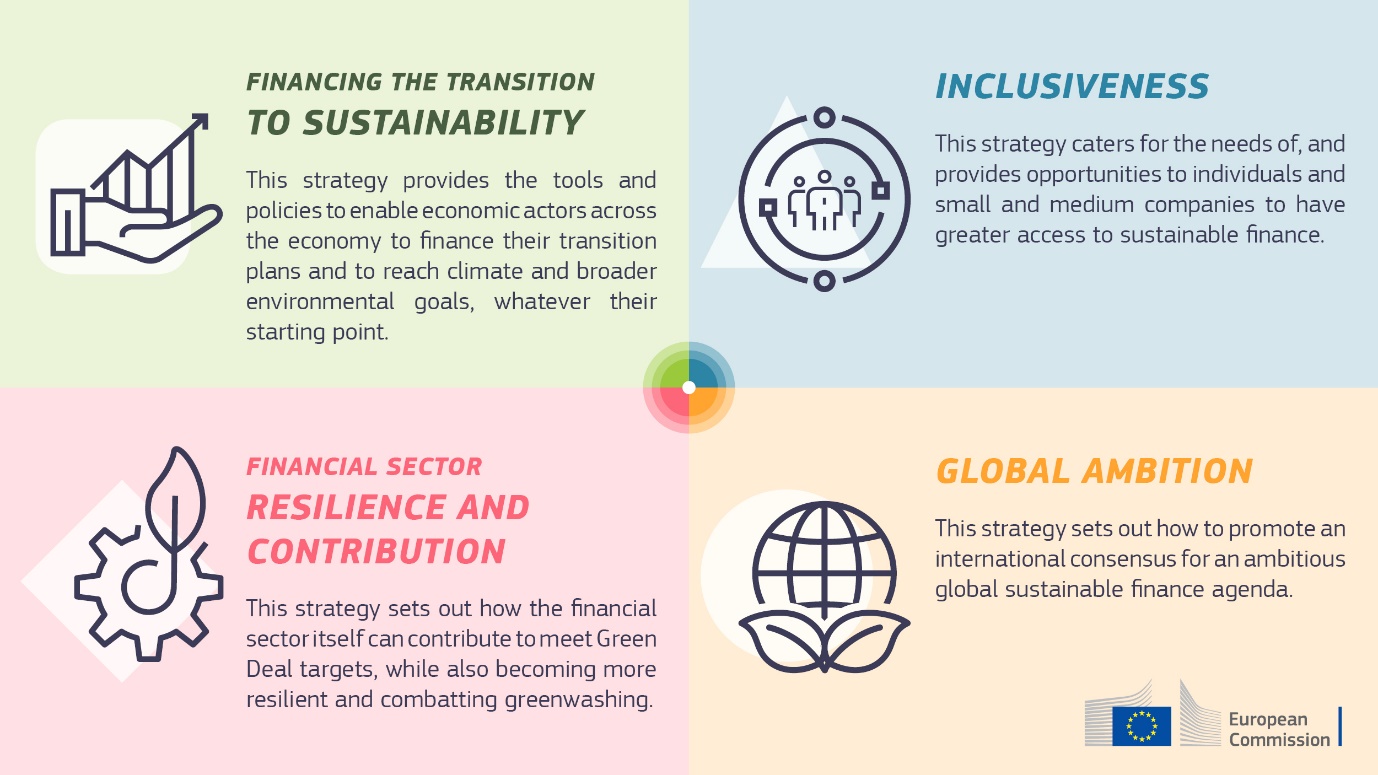In the pursuit of sustainable development, the European Union (EU) has meticulously crafted policies that align with its Sustainable Development Goals (SDGs). An often-overlooked instrument in this endeavor is the network of tax treaties that the EU maintains with countries around the world. These treaties not only facilitate international trade and investment but also contribute to the broader agenda of sustainable growth. This article explores how tax treaties play a crucial role in supporting the EU’s SDGs and examines the alignment of fiscal policies with these ambitious objectives.
Tax Treaties and Their Role in EU Sustainability
Tax treaties are bilateral agreements between countries that aim to prevent double taxation and fiscal evasion, thereby promoting cross-border economic activities. Within the EU, these treaties serve as pivotal instruments in fostering an environment conducive to sustainable development. By clarifying tax liabilities for multinational enterprises (MNEs), tax treaties enhance transparency and reduce the likelihood of tax avoidance. This transparency is vital for ensuring that corporations contribute their fair share to the public coffers, which in turn funds sustainable development projects.
Moreover, tax treaties play an essential role in fostering foreign direct investment (FDI), a key driver of economic development. By providing a stable and predictable fiscal environment, these treaties encourage businesses to invest in sustainable projects across the EU. This investment is crucial for advancing technology, infrastructure, and innovation, all of which are integral components of the EU’s SDGs. For instance, investments in renewable energy projects, driven by favorable tax treaty conditions, contribute directly to the EU’s goal of affordable and clean energy.
Additionally, tax treaties support the fight against climate change by incorporating provisions that limit aggressive tax planning and profit shifting by MNEs. By ensuring that profits are taxed where economic activities occur, these treaties help maintain the tax base of EU member states. This is crucial for financing climate action and other sustainability initiatives. In essence, tax treaties provide the fiscal foundation upon which sustainable development policies can be built and executed effectively.
Aligning Fiscal Policies with Development Goals
Aligning fiscal policies with the EU’s SDGs requires a strategic approach that integrates sustainability into the very fabric of tax treaties. This involves revisiting and restructuring existing treaties to include sustainability clauses that promote environmentally friendly investments and discourage activities detrimental to the environment. For example, tax incentives can be tailored to favor investments in green technology and sustainable agriculture, thus directly contributing to the achievement of specific SDGs.
Furthermore, the alignment of fiscal policies with development goals necessitates a collaborative effort among EU member states to harmonize their tax policies with international standards. This includes adopting the OECD’s Base Erosion and Profit Shifting (BEPS) measures, which aim to curb tax avoidance and ensure that tax revenues are available for sustainable development purposes. By implementing such measures, the EU can enhance the effectiveness of its tax treaties in supporting sustainable economic growth.
Finally, engaging with international partners is crucial for aligning tax treaties with the EU’s SDGs. By participating in global forums and negotiations, the EU can advocate for the inclusion of sustainability considerations in international tax agreements. This not only strengthens the EU’s position as a leader in sustainable development but also encourages other countries to adopt similar practices. By fostering a global environment that supports sustainable fiscal policies, the EU can amplify the impact of its own development goals.
Tax treaties may not be the most visible tools in the EU’s arsenal for achieving its Sustainable Development Goals, but their impact is undeniable. By promoting transparency, attracting sustainable investments, and aligning fiscal policies with broader development goals, these treaties play a vital role in the EU’s sustainability agenda. As the EU continues to pursue its ambitious SDGs, the strategic use of tax treaties will remain a cornerstone of its efforts to build a more sustainable and equitable future.
